
27 Epic Ways to Celebrate Hispanic Heritage Month
Hispanic Heritage Month is here!
This annual U.S. observance, from Sept. 15 to Oct. 15, celebrates the histories and contributions of Americans whose ancestors came from Spain, Mexico, the Caribbean and Central and South America.
We at Salud America! invite you to celebrate Hispanic Heritage Month in these epic ways.
1. Learn How Hispanic Heritage Month Began
U.S. Congressmen Edward R. Roybal of Los Angeles and Henry B. Gonzales were among those who introduced legislation on the topic in 1968.

President Lyndon Johnson implemented the observance as Hispanic Heritage Week that year.
Did you know which U.S. President turned it from Hispanic Heritage Week to Hispanic Heritage Month?
2. Find Out Why Hispanic Heritage Month Starts on Sept. 15
Sept. 15 is significant because it is the anniversary of independence for Latin American countries Costa Rica, El Salvador, Guatemala, Honduras and Nicaragua, according to the U.S. Library of Congress.
In addition, Mexico and Chile celebrate their independence days on Sept. 16 and Sept. 18.
Also, Columbus Day or Día de la Raza, which is Oct. 12, falls within the 30-day period of Hispanic Heritage Month.
3. Get Your Town’s Health Report Card!
How is the state of health in your community?
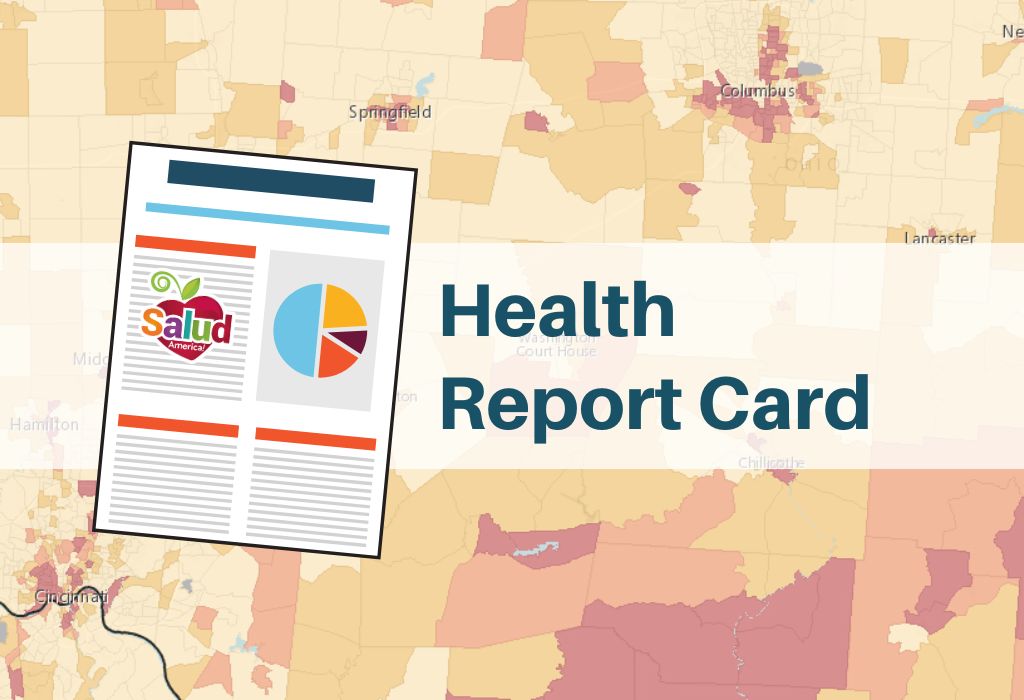 Find out by downloading a Salud America! Health Report Card for your town!
Find out by downloading a Salud America! Health Report Card for your town!
Enter your county name and get auto-generated local data with interactive maps and comparative gauges on several health indicators. This can help you visualize and explore local issues in education, housing, transportation, food, health, and more.
See how your county stacks up compared to the rest of your state and nation.
Then email the Report Card to local leaders to raise awareness, include the data in a presentation or grant proposal, or share it on social media to drive healthy change in your community!
4. Start Screening for NMDoH!
The non-medical drivers of health (NMDoH), like income, housing, and food, can influence health for better or worse.
That’s why we need to screen for the non-medical drivers of health.
NMDoH Screening means that a questionnaire is given to patients in a healthcare setting to help providers identify patient needs outside the healthcare setting. Patients can then be referred to helpful community resources.
Use the Salud America! Action Pack, “How to Screen for NMDoH in Healthcare,” to develop a screening program in your clinic, hospital, or healthcare system.
The action pack, developed by Dr. Amelie G. Ramirez at UT Health San Antonio, has a conversation-starting model email, fact sheet, checklist on how to develop screening, and a guide on existing screening tools for NMDoH.
5. Start a School Food Pantry!
About 1 in 6 children are food insecure. They don’t know where their next meal is coming from.
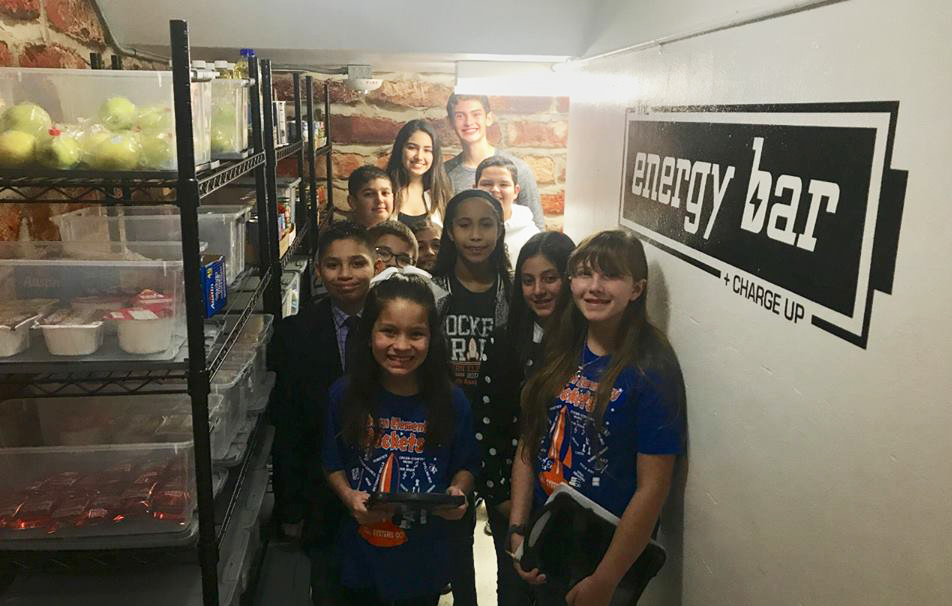 Your school can help these kids!
Your school can help these kids!
Try the Salud America! “School Food Pantry Action Pack,” a free guide to help school personnel talk to decision-makers, work through logistics, and start a School Food Pantry to help hungry students and reduce local food issues.
A School Food Pantry accepts, stores, and redistributes donated and leftover food to students.
6. Register for the Advancing Cancer Research for Latinos and All Populations Conference!
To help address cancer, register for UT Health San Antonio’s 5th biennial Advancing Cancer Research for Latinos and All Populations national conference Feb. 18-20, 2026, in San Antonio, Texas.
The national conference will welcome researchers, physicians, community leaders, patient supporters, policymakers, and students from across the country to tackle Latino cancer from prevention to treatment to survivorship.
“Advancing Cancer Research for Latinos and All Populations is where we can share research, experience, and action to translate basic research into clinical best practices, community programs, and more,” said Dr. Amelie Ramirez, who directs the Institute for Health Promotion Research (IHPR) and Salud America! program at UT Health San Antonio. The IHPR will co-host the conference with the NCI-designated Mays Cancer Center.
See six reasons you should save the date for the conference!
7. To Help Prevent Birth Defects, Urge FDA to Add a Warning Label on Unfortified Corn Masa Flour
Are the corn masa products you eat fortified with folic acid?
 Because too many babies in the Latino community suffer from birth defects like spina bifida, UnidosUS and its partners submitted a citizen petition asking the FDA to require a warning label on unfortified corn masa flour and products.
Because too many babies in the Latino community suffer from birth defects like spina bifida, UnidosUS and its partners submitted a citizen petition asking the FDA to require a warning label on unfortified corn masa flour and products.
The warning would alert consumers when corn masa flour, tortilla chips, tamales, or other corn masa products do not contain adequate folic acid. A lack of folic acid can increase the risk of a serious birth defect if a woman becomes pregnant.
Here’s how you can speak up.
Submit a model comment created by Salud America! to address the UnidosUS petition!
8. Test Your Memory with the Brain Health Registry!
Want to play memory and thinking tests and help millions of families with dementia?
The Brain Health Registry can help you do that.
 Researchers at the University of California San Francisco (UCSF) developed a registry for adults interested in conducting brain tests that can help the future creation of treatments for Alzheimer’s, dementia, Parkinson’s, and other brain disorders.
Researchers at the University of California San Francisco (UCSF) developed a registry for adults interested in conducting brain tests that can help the future creation of treatments for Alzheimer’s, dementia, Parkinson’s, and other brain disorders.
Now, they’re partnering with the Glenn Biggs Institute for Alzheimer’s and Neurodegenerative Diseases at UT Health San Antonio to expand brain health research in the Texas region of the United States, through a partnership called STOP-AD.
Learn about the STOP-AD Brain Health Registry, how Alzheimer’s is affecting Latinos, and how clinical trials can help us tackle Alzheimer’s and other dementias.
JOIN THE BRAIN HEALTH REGISTRY!
9. Quit Smoking!
Need help to kick the smoking habit?
Fortunately, Quitxt can help!
 Quitxt is a bilingual service from the Institute for Health Promotion Research at UT Health San Antonio and the Cancer Prevention and Research Institute of Texas that sends texts messages to smartphones to help South Texas adults quit smoking. Messages help with motivation to quit, setting a quit date, handling stress, and using nicotine replacement, if needed.
Quitxt is a bilingual service from the Institute for Health Promotion Research at UT Health San Antonio and the Cancer Prevention and Research Institute of Texas that sends texts messages to smartphones to help South Texas adults quit smoking. Messages help with motivation to quit, setting a quit date, handling stress, and using nicotine replacement, if needed.
To join Quitxt in English, text “iquit” to 844-332-2058.
For Spanish, text “lodejo” to 844-332-2058.
More than 1 in 5 Quitxt users fully quit smoking after completing the English version of the program, according to a 2017 study.
“There’s no better time than now to stop smoking with help from Quitxt,” said Dr. Amelie Ramirez of the IHPR at UT Health San Antonio. “Quitting smoking is proven to improve your health, increase your life span, and save money.”
10. Watch Our Webinars on Improving Health
We want all people to be as healthy as possible.
How can we reach this ideal, especially as many people struggle with access to clinical trials, income, health care, food, housing, and other issues?
You’re invited to a webinar series, “Let’s Improve Health in South Texas and Beyond,” a collaboration of the Salud America! program, the Institute for Health Promotion Research at UT Health San Antonio, the Mays Cancer Center at UT Health San Antonio, and Genentech.
“These webinars will help healthcare professionals and the public understand and take action for health in South Texas and beyond,” said Dr. Amelie Ramirez, leader of Salud America! and the IHPR at UT Health San Antonio.
11. Volunteer for a Clinical Trial for Your Familia!
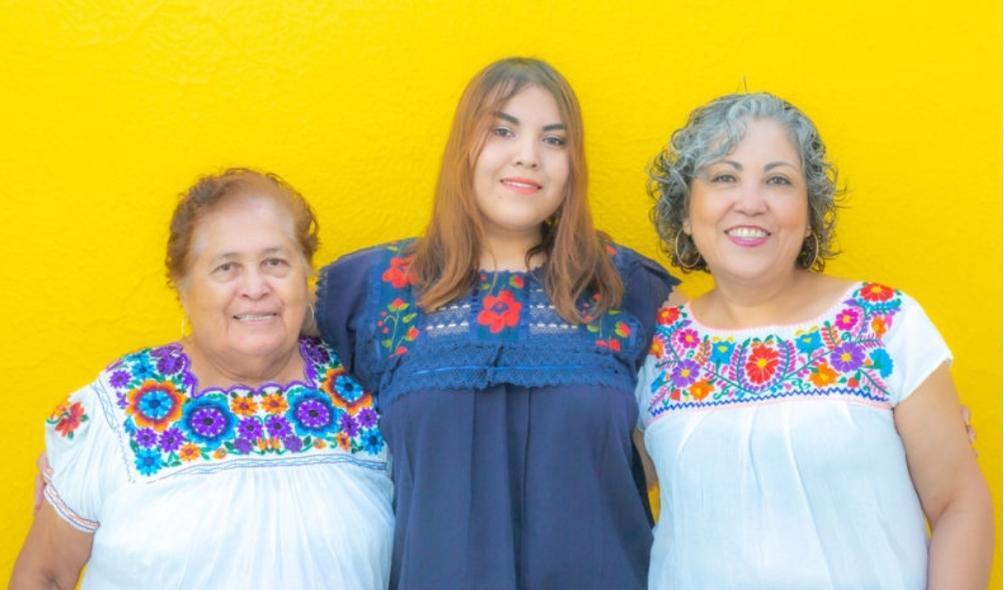 Clinical trials help us fight for our familia.
Clinical trials help us fight for our familia.
Clinical trials are studies that help researchers learn more to help slow, manage, and treat Alzheimer’s and cancer for current and future family members. But without volunteers for clinical trials, the benefits may miss this group.
Visit our clinical trials page to find a clinical trial, read about hero volunteers, and more!
“Volunteers in clinical trials are not only helping themselves, but they’re also building a future with better treatments that can help their families in the future,” said Dr. Amelie Ramirez, director of Salud America! and the Institute for Health Promotion Research at UT Health San Antonio.
Those looking for opportunities based in San Antonio can search the Mays Cancer Center at UT Health San Antonio’s Find a Clinical Trial database to learn more about available clinical trials and eligibility requirements.
On a national level, visit clinicaltrials.gov to find a clinical trial near you.
12. Share Your Cancer Story with Avanzando Caminos
The Avanzando Caminos study team is looking to recruit 3,000 Latino survivors in South Texas and Florida.
To be eligible to participate, you must identify as Hispanic or Latino, be 18 years or older, and have completed primary treatment for breast, colon, kidney, liver, lung, prostate, stomach or cervical cancer.
Volunteers will participate in seven study visits over five years, each with assessment interviews, and some with blood draws.
To volunteer for Avanzando Caminos or ask questions, contact a member of the study team at the Institute for Health Promotion Research at UT Health San Antonio at 210-562-6514 or ca*****@*****sa.edu.
Volunteers are eligible for $50 per visit!
Those who are interested in finding out more information about the study can visit the study’s website in (English) or (Spanish). There they will find a short online survey they can fill out and a member of the study team will be in touch with them soon!
13. Start ‘Handle With Care’ So Police Alert Schools if Kids Are Exposed to Adverse Childhood Experiences (Even If School is Closed or Virtual)!
60% of U.S. children have been exposed to violence, crime, or other adverse childhood experiences (ACEs).
 These kids still have to go to class, virtually or in person. They carry a burden that can interfere with their behavior and grades. And schools don’t know there’s an issue at home.
These kids still have to go to class, virtually or in person. They carry a burden that can interfere with their behavior and grades. And schools don’t know there’s an issue at home.
Enter “Handle With Care.”
Download the free Salud America! “Handle With Care Action Pack” to start a Handle With Care program. In the program, police notify schools when they encounter children at a tough scene, so schools can provide support right away, even if operating virtually.
The Action Pack contains materials and technical assistance to start a conversation and plans for implementing a Handle With Care program. Over 65 U.S. cities have started such a program.
14. Create a Support-Sensitive School!
The Salud America! “Support-Sensitive School Action Pack” is a free guide with coaching to help school personnel talk to decision-makers, build a support team, implement support-sensitive systems to support students exposed to adverse childhood experiences (ACEs).
Included are real templates from John Hernandez of East Central ISD in San Antonio.
You can use these templates to craft your own system with protocols to identify/track/monitor students, a community resource guide, and a chain of command system.
15. Help Your City Adopt Smoke-Free Multifamily Housing!
People who live in multifamily housing share air with their neighbors ─ including secondhand smoke.
 Download the free Salud America! Action Pack “Help Your City Adopt Smoke-Free Multifamily Housing” to help your city explore a smoke-free multifamily housing policy for common areas and individual units.
Download the free Salud America! Action Pack “Help Your City Adopt Smoke-Free Multifamily Housing” to help your city explore a smoke-free multifamily housing policy for common areas and individual units.
Experts say this can protect the health of tenants and staff of apartments. It can also save property owners money in unit maintenance, fire prevention, insurance, and reduced legal liability.
16. Pledge to Complete CDC Project Firstline Training on Infection Control!
Infection control saves lives by stopping the spread of disease. Frontline healthcare workers play a critical role.
That’s why frontline healthcare workers must stay up to date on infection control practices to keep themselves, their colleagues, and their patients healthy.
If you agree, sign this pledge and complete at least one infection control training module or infection control activity from the Centers for Disease Control & Prevention (CDC)’s Project Firstline. This is in collaboration with Salud America! at UT Health San Antonio and the National Hispanic Medical Association.
Trainings cover topics for all types of healthcare workers. Modules also offer continuing medical education (CME) credit!
17. Learn Infection Control from Hero Doctors!
Check out some of the Latino healthcare workers who are heroes for infection control:
- Anna Valdez: Tackling Infection Control with Education from Classroom to Clinic
- Wanda Montalvo: Preventing Infections in Community Health Centers
- Ricardo Correa: Endocrinologist and Infection Control Leader for the Community
- Jorge Moreno: Infection Control Hero for Spanish-Speaking Latinos and All Patients
- Veronica Ramirez: Keeping Her Community Health with Infection Control
- Juanita Mora: A Voice for the Community and Infection Control
LEARN MORE ABOUT INFECTION CONTROL!
18. Subscribe to the ‘Salud Talks’ Podcast!
The “Salud Talks” podcast, from the team at Salud America! at UT Health San Antonio, is now live!
 For each episode, listeners will hear from health experts—from grassroots movements to national organizations—on topics ranging from infection control to healthy eating, and more.
For each episode, listeners will hear from health experts—from grassroots movements to national organizations—on topics ranging from infection control to healthy eating, and more.
Salud Talks episodes are released periodically.
Each episode is available wherever fine podcasts are downloaded, including Spotify.
19. Think “Water Bottle Fountains”
Water Bottle Fountains are filtered water dispensers for easily filling and refilling water bottles.
Water Bottle Fountains give kids much-needed access to safe drinking water throughout the school day.
They also help keep kids hydrated while saving families money from buying bottled water. They help the environment by reducing waste.
Salud America! wants to help you get Water Bottle Fountains at your school with our custom-for-you Water Bottle Fountain Action Pack with Coaching!
GET YOUR WATER BOTTLE FOUNTAIN ACTION PACK!
20. Learn the Story of Dr. Amelie G. Ramirez!
Dr. Amelie G. Ramirez is an internationally recognized researcher in health promotion and behavioral change.

She is director of Salud America! and leader of the Institute for Health Promotion Research in the Department of Population Health Sciences at UT Health San Antonio. She has spent over 30 years directing research on human and organizational communication to reduce chronic disease and cancer among all people, including cancer risk factors, clinical trial recruitment, tobacco prevention, and obesity prevention.
She also is associate director of cancer outreach and engagement at the NCI-designated Mays Cancer Center at UT Health San Antonio.
21. Get Health Resources in Spanish!
Here are some important resources in Spanish:
- English-to-Spanish Medical Terminology Fact Sheet
- Cancer Resources in Spanish
- Nutrition Education in Spanish
- Mental Health Resources in Spanish
- Infection Control Educational Resources in Spanish
- Healthy Eating Resources in Spanish
Health resources are important, no matter what language you speak.
22. Check Out the Avanzando Salud Cancer!
Launched in 2023 with support from the American Cancer Society, the ACS Avanzando Salud Cancer Health Research Center at UT Health San Antonio is led by Dr. Amelie G. Ramirez and a team with a passion to address key non-medical drivers of health (NMDoH) and improve cancer care across the cancer care continuum for South Texans and beyond.
South Texas, home to 5 million people, needs improved medical care. South Texans face higher risk of liver, cervical, and other cancers. This is in part due to issues with the non-medical drivers of health, such as lack of health insurance, financial strain, and language barriers.
The ACS Avanzando Salud Center at UT Health San Antonio aims to be the driving force in South Texas and the nation for building health, improving cancer care, decreasing the burden of cancer, and improving health outcomes.
Contact the ACS Avanzando Salud Center team at the Institute for Health Promotion Research at UT Health San Antonio at ih**@*****sa.edu or 210-562-6500.
Need help with NMDoH? Fill out a form and we can help!
23. Volunteer for a Local Board, Committee, or Commission!
You don’t need to hold political office to make a healthy change in your community.
 Parents and residents play a big role in helping leaders make change by getting involved in neighborhood associations and local committees, boards, and commissions. These groups rely on your input to shape plans and policies that impact health in your area.
Parents and residents play a big role in helping leaders make change by getting involved in neighborhood associations and local committees, boards, and commissions. These groups rely on your input to shape plans and policies that impact health in your area.
Contributing to healthy local change is important because where you live─down to your ZIP code─can predict your and your family’s education, income, and physical and mental health.
So how can you get involved?
JOIN A COMMITTEE, BOARD, OR COMMISSION!
24. Find Training and Mentoring Opportunities!
The Institute for Health Promotion Research (IHPR) at UT Health San Antonio, via its projects and researchers, offers training/mentoring opportunities to high-school and college students through junior faculty.
Training and mentoring covers the areas of research methods, health promotion, and more.
If you are interested in participating in IHPR’s training program, complete the Prospective Trainee Survey.
If you have a need for mentoring in any location, find a mentor via mentoring.org.
get mentoring at ut health san antonio!
25. Sign Up to Be an Organ Donor!
To help those who are waiting for an organ donation for a transplant, you can:
- register to become an organ donor at the state and/or national level.
- sign up to be an organ donor at the state level when getting your driver’s license at your local DMV.
- sign up at the national level through the National Donate Life Registry.
Once you make the decision to become an organ donor, let loved ones know of your wishes. You have the power to save a life.
26. Get Outside and Garden!
Caesar Valdillez loves where he lives—the Southtown neighborhood in San Antonio (63% Latino).
Valdillez grew up in the neighborhood and even moved back after he finished college, hoping to meet like-minded environmental leaders to improve the neighborhood and sustain it for many years to come.
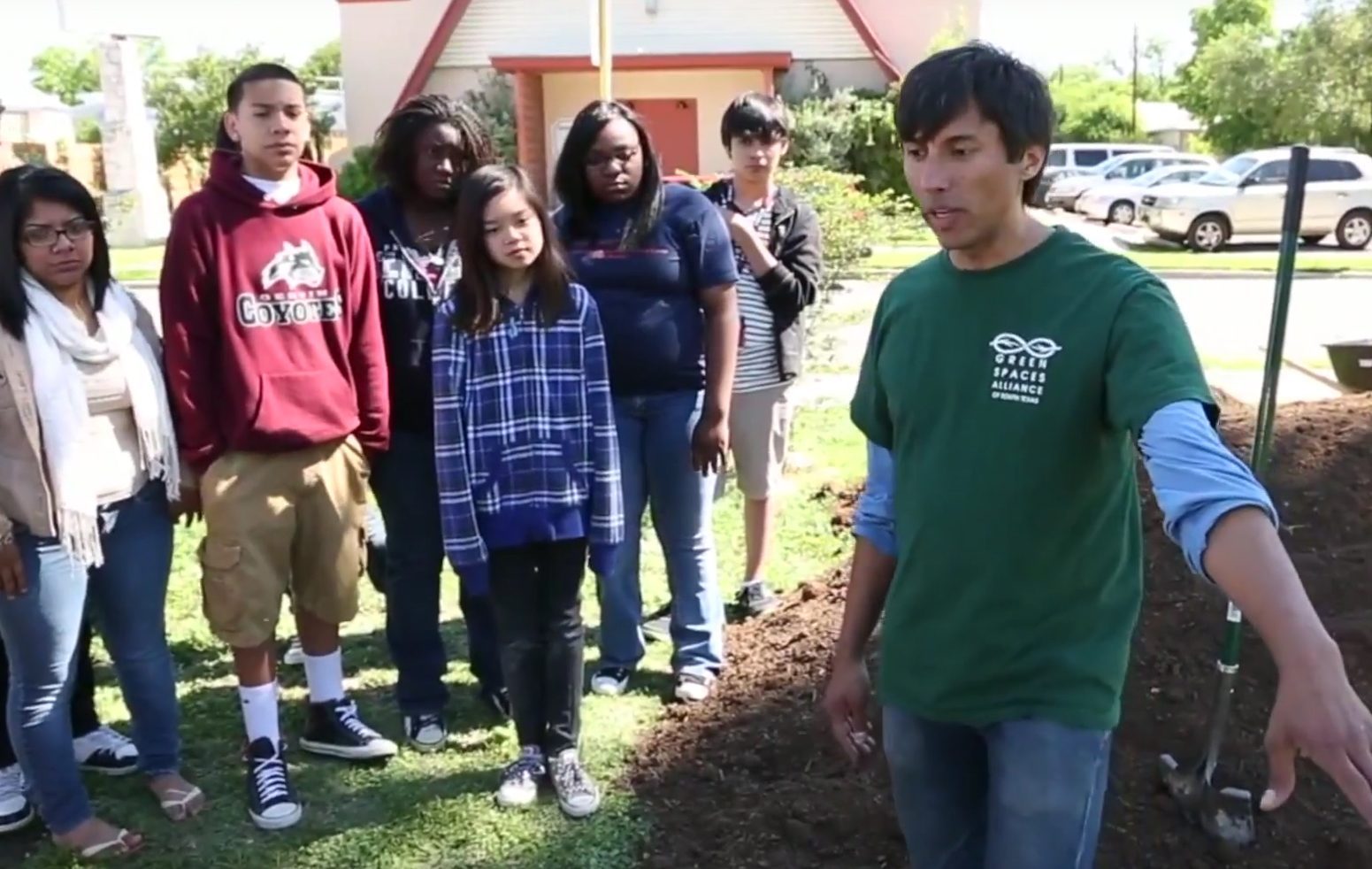 But he noticed Southtown lacked the healthy food options it needed to be a truly healthy community.
But he noticed Southtown lacked the healthy food options it needed to be a truly healthy community.
“Our neighborhood does not have any reasonable grocery store in the area, especially with fresh produce and herbs,” he said.
He worked with neighbors and the city to start a local garden!
“Urban gardening is our grassroots way of making a difference in the world, one preserved green space at a time,” Valdillez said.
27. Volunteer for Your Comunidad!
Kindness counts.
Helping people is good. And it also helps you, too.
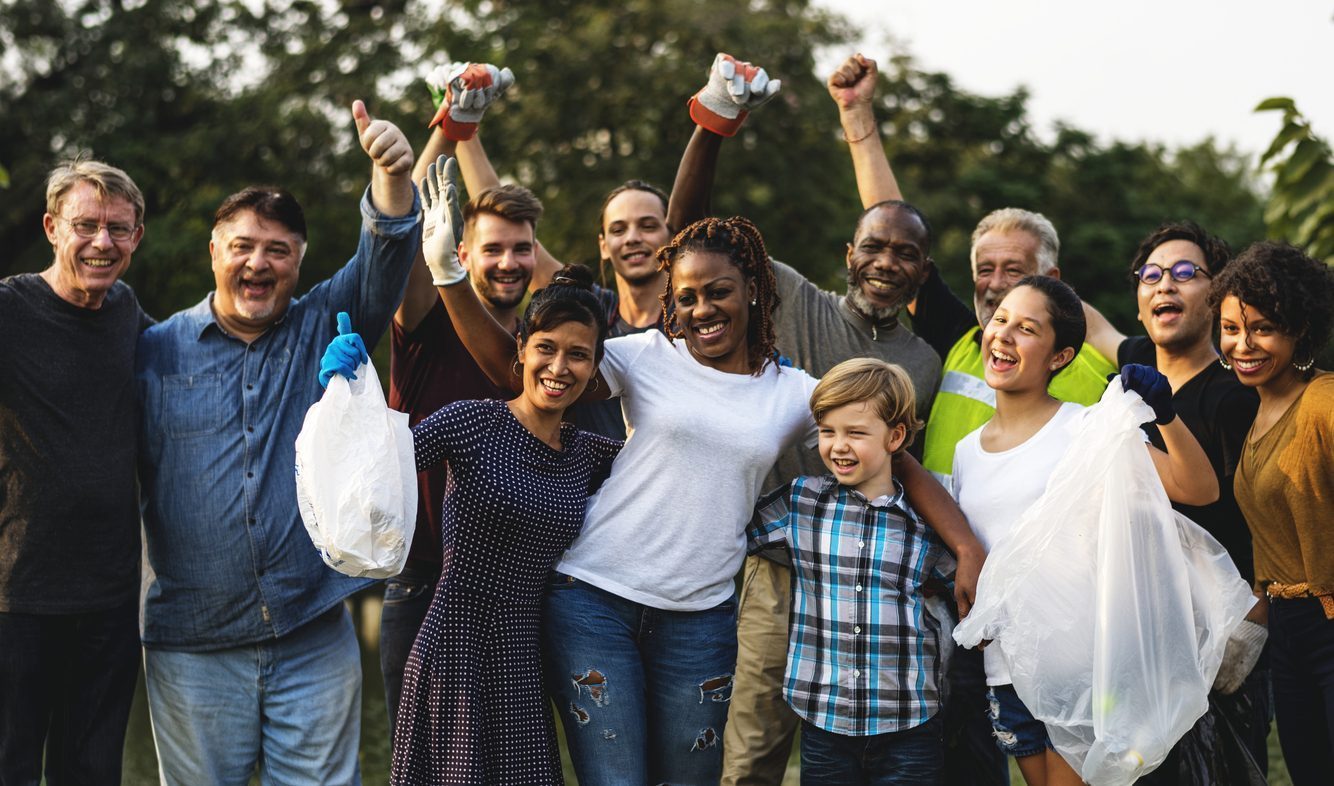 “Doing a kindness produces the single most reliable increase in wellbeing [for the doer] of any exercise we’ve tested,” said Dr. Martin Seligman of Penn’s Positive Psychology Center.
“Doing a kindness produces the single most reliable increase in wellbeing [for the doer] of any exercise we’ve tested,” said Dr. Martin Seligman of Penn’s Positive Psychology Center.
A national survey of 3,351 adults found that the overwhelming majority of participants reported feeling mentally and physically healthier after a volunteer experience, HuffPost reports.
“Studies have shown that volunteering helps people who donate their time feel more socially connected, thus warding off loneliness and depression,” said Stephanie Watson of the Harvard Health Blog. “A growing body of evidence suggests that people who give their time to others might also be rewarded with better physical health—including lower blood pressure and a longer lifespan.”
So help out your fellow neighbors this Hispanic Heritage Month!
The post 27 Epic Ways to Celebrate Hispanic Heritage Month appeared first on Salud America.
Recommend0 recommendationsPublished in Force for Health® Network News
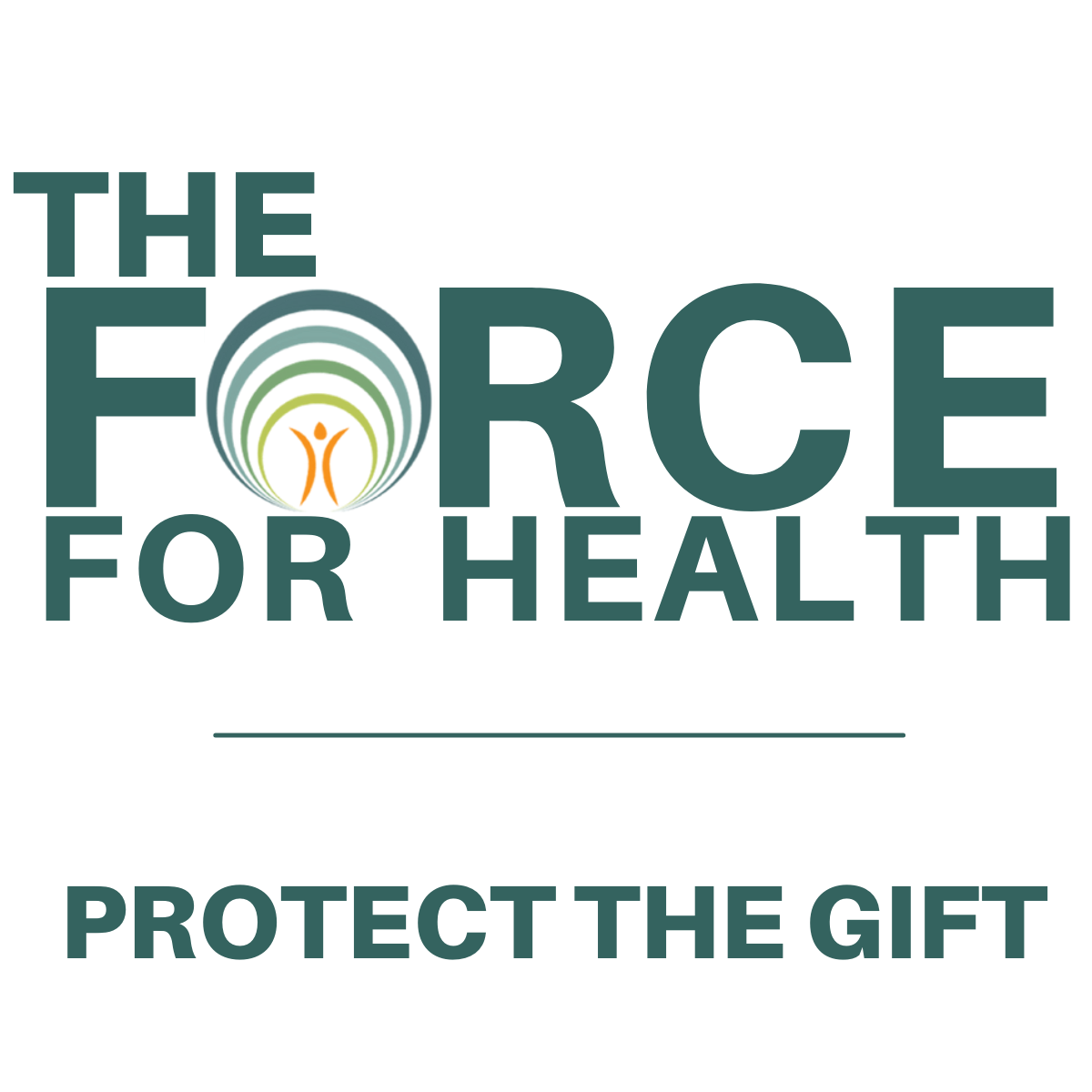



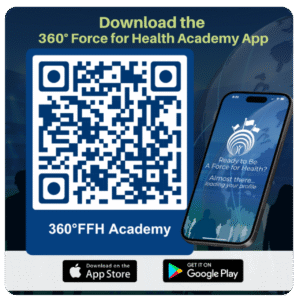
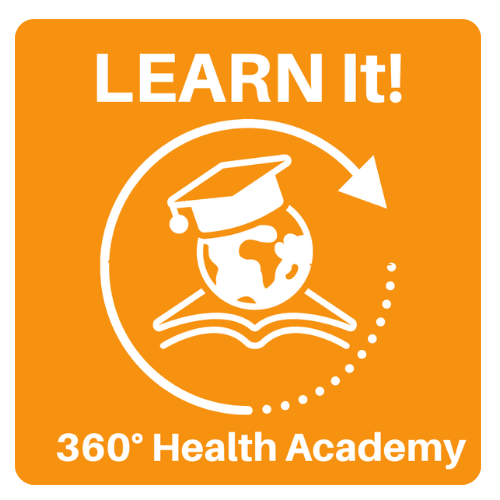
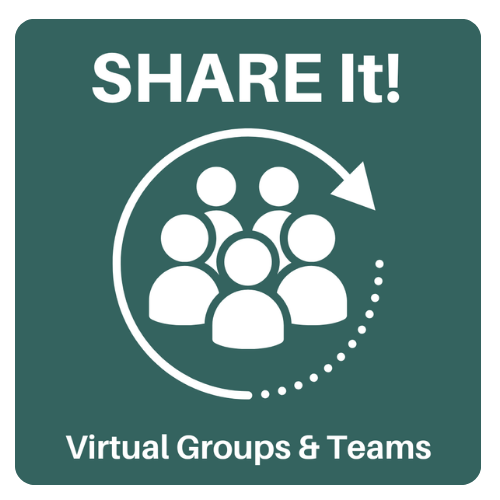
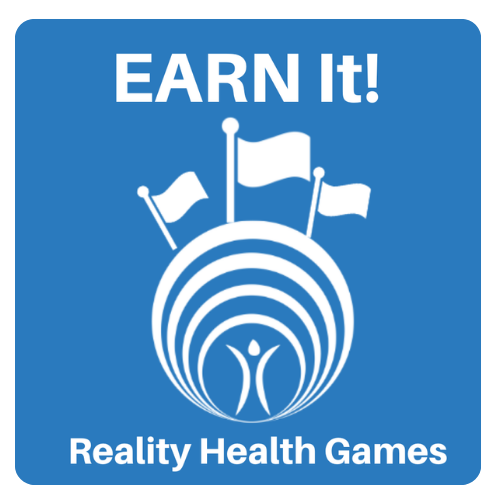
Responses